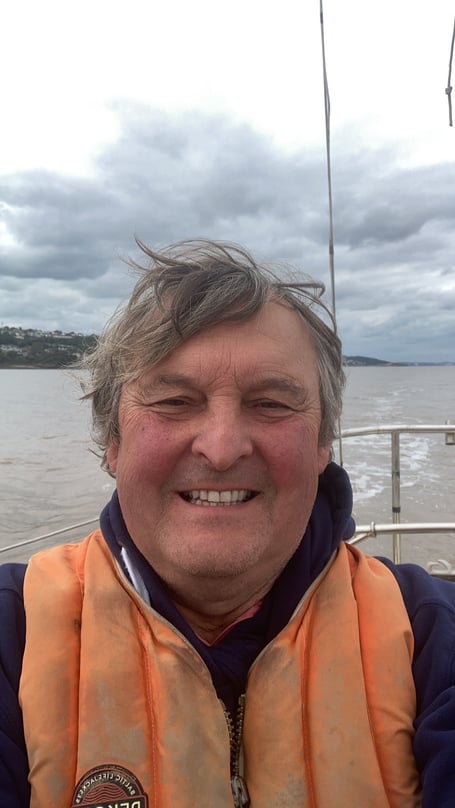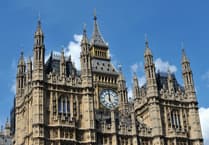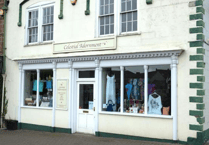GREAT Western Air Ambulance Charity helped to save a BBC star at the Forest of Dean’s Lydney Harbour earlier this year.
The charity has been remembering some of its notable rescues this year, and on Saturday, April 12, it assisted Archaeologist Mark Horton, who is best known for presenting BBC’s Coast for 11 years.
He was carrying out routine maintenance on a yacht at Lydney Harbour, when the vessel fell on its side. Mark was catapulted three or four metres onto the slipway below and found himself in urgent need of assistance.
Mark landed in a six-inch layer of Severn River mud and cold water, which was not enough to break his fall. As he fell, he caught his right arm, possibly in the rigging, and he hit the floor in writhing pain with one hand at a strange right angle to his arm.
Bystanders immediately called 999 and then rolled Mark onto an old bit of tarpaulin and up the slipway out of the mud. They also found a piece of driftwood and used gaffer tape to put his arm in a splint.
Mark Horton said: “I knew I was going to be OK when I saw the air ambulance. The first thing I remember when I came out of shock was seeing the bright green and blue air ambulance helicopter circling above. I’ll never forget sitting on the mud on the old tarp on the slipway in a driftwood splint and looking up and seeing the helicopter. It was an amazing sense of relief.”
Great Western Air Ambulance Charity (GWAAC) arrived at the scene within ten minutes of the call to 999, at the same time as the road ambulance. The GWAAC crew assessed Mark and administered strong pain relief.
GWAAC’s Pre-Hospital Emergency Medicine Trainee Dr Celestine straightened his arm before the journey to hospital.
Mark added: “I didn’t realise that air ambulances carried doctors on board. I watched Dr Celestine straighten my arm, she was fantastic. Luckily, I’m not squeamish about these things and looking back, I think I'm quite lucky.”
Ten days later, Mark had surgery on his hand and said he received great care throughout the process.
Mark said: “I’ve never broken a bone before and to think, I’ve sailed all around the coast of Britain and I’ve been to all these exotic places filming and for my archaeological work, and yet it was at my local harbour where I got into trouble!”
Dr Celestine said: “Treating Mark that day was a real privilege. As a Trainee Critical Care Doctor, it was a valuable opportunity to put my training into practice in a high-stakes situation. It was even more rewarding to see him afterwards and hear how important his hand is to his archaeological work; knowing we played a part in preserving his ability to keep doing what he loves was incredibly fulfilling.”
You can find out more about GWAAC and what its team does by visiting its website.




.jpeg?width=209&height=140&crop=209:145,smart&quality=75)
Comments
This article has no comments yet. Be the first to leave a comment.